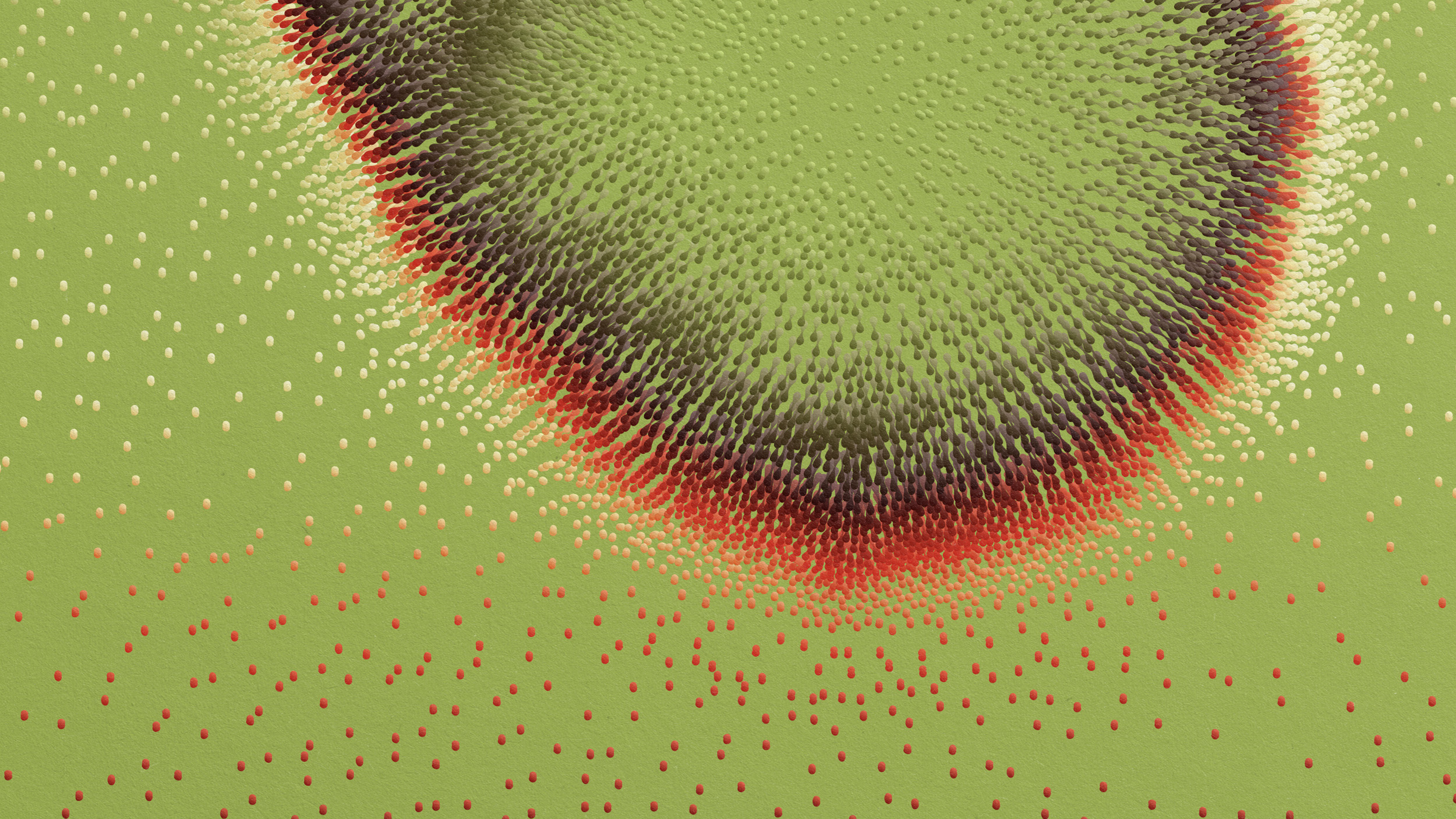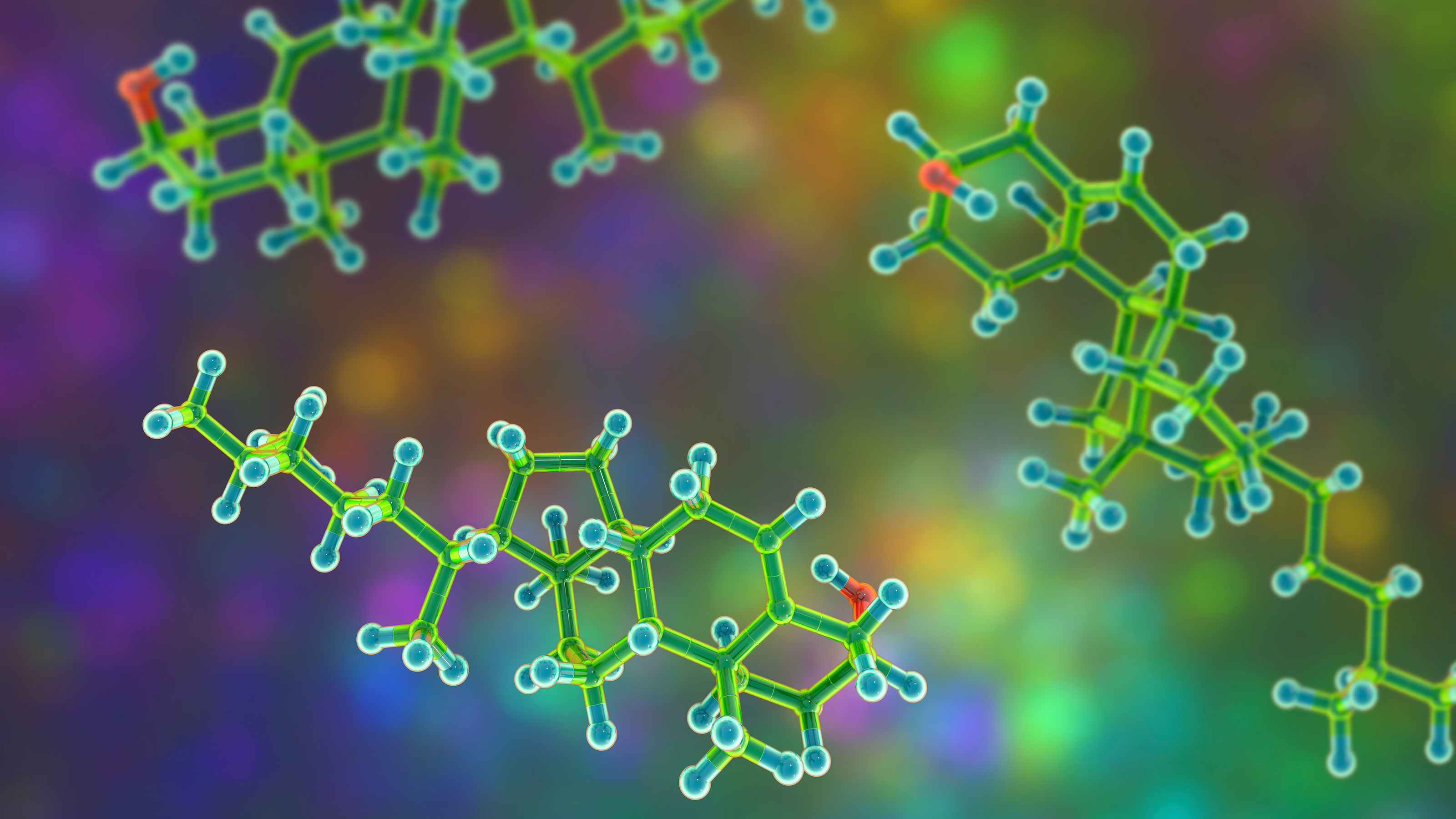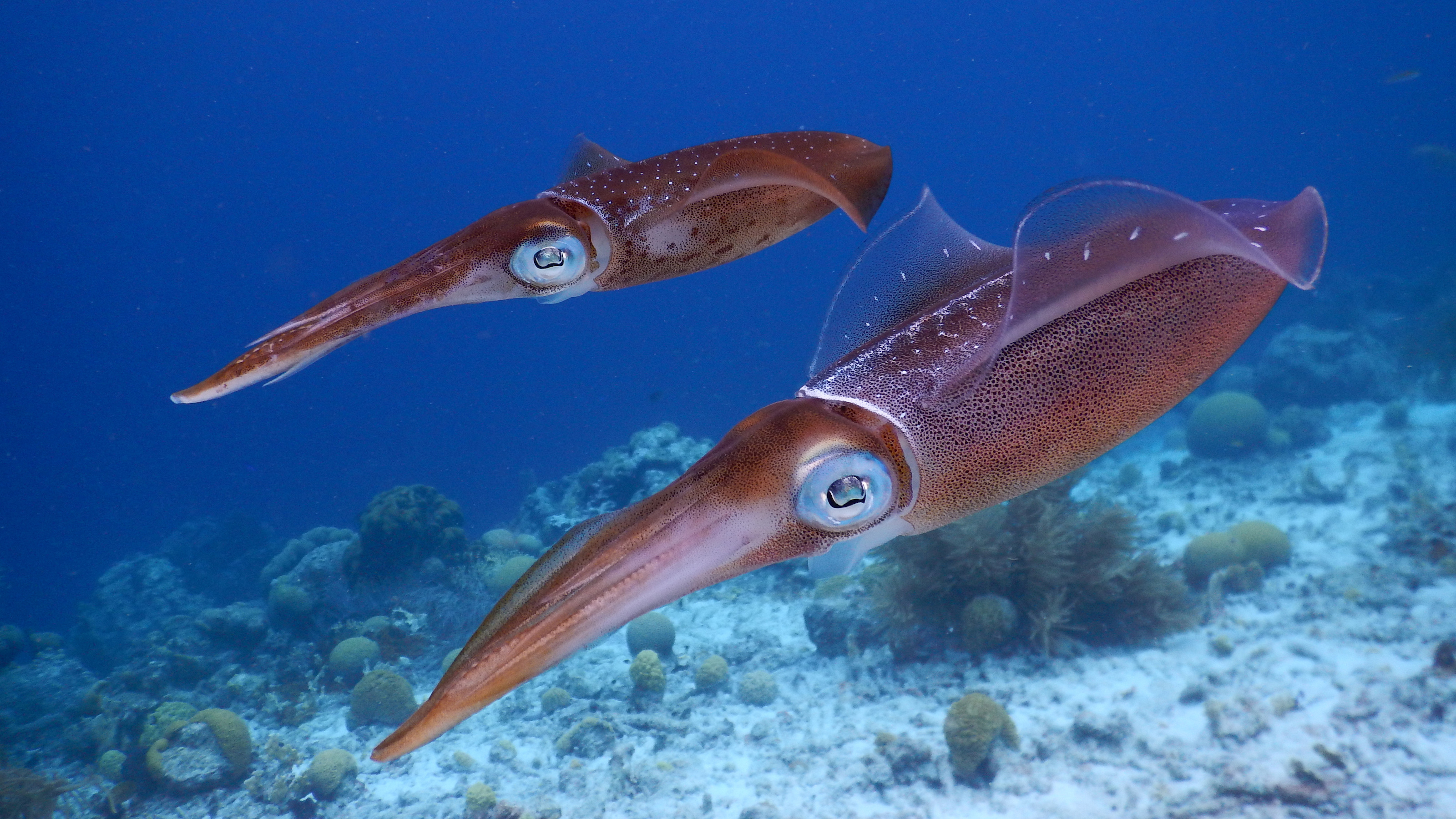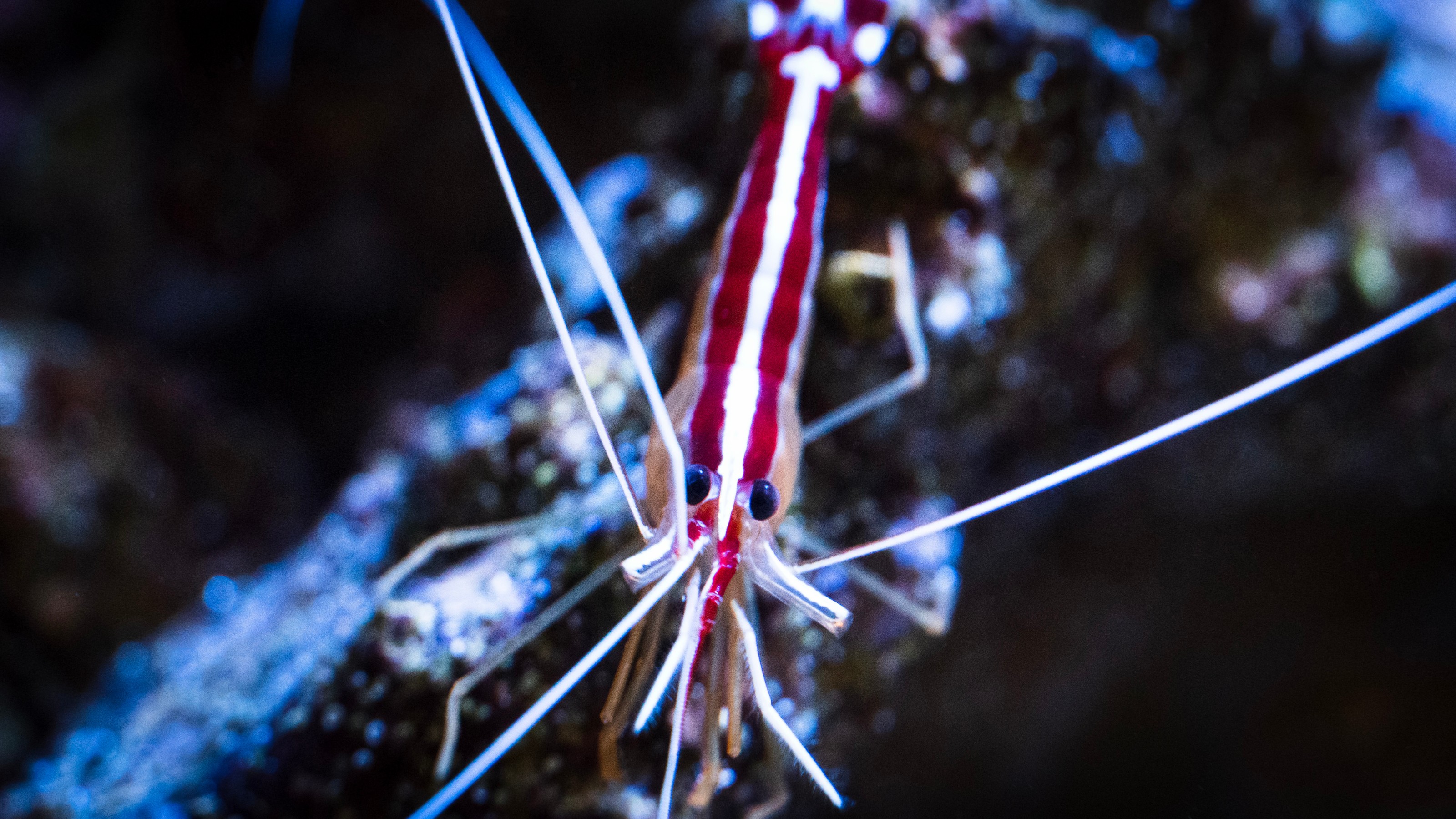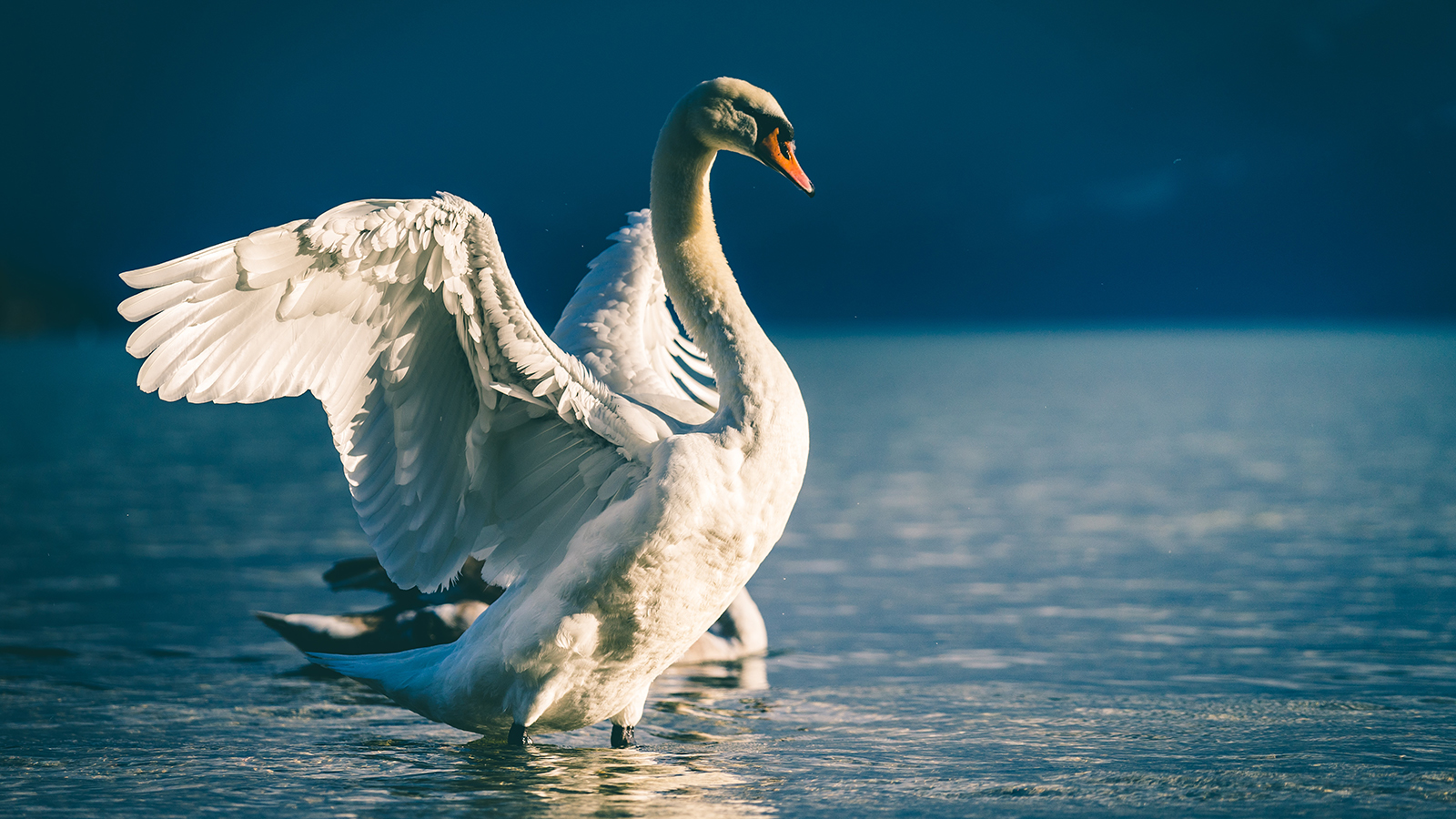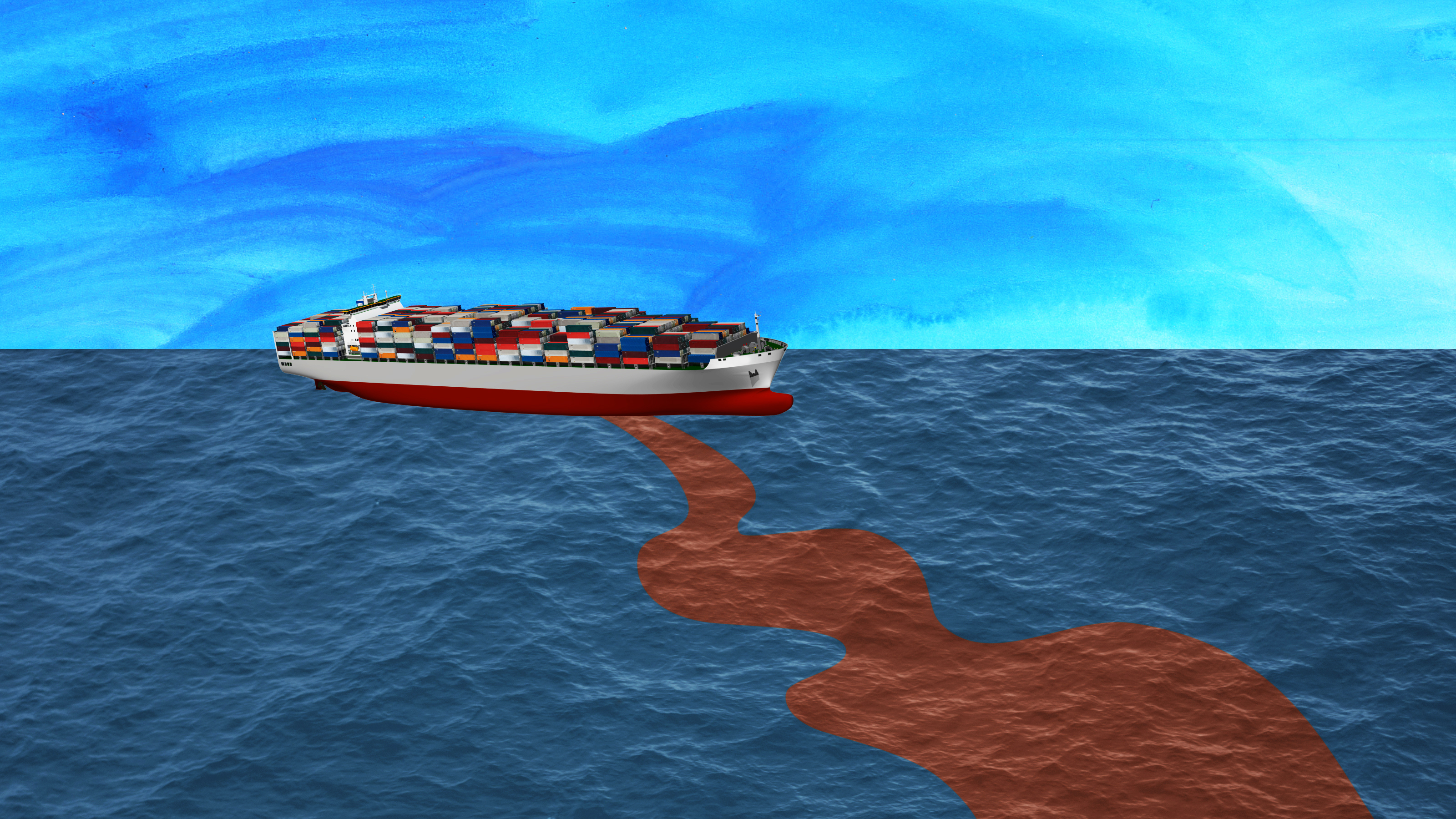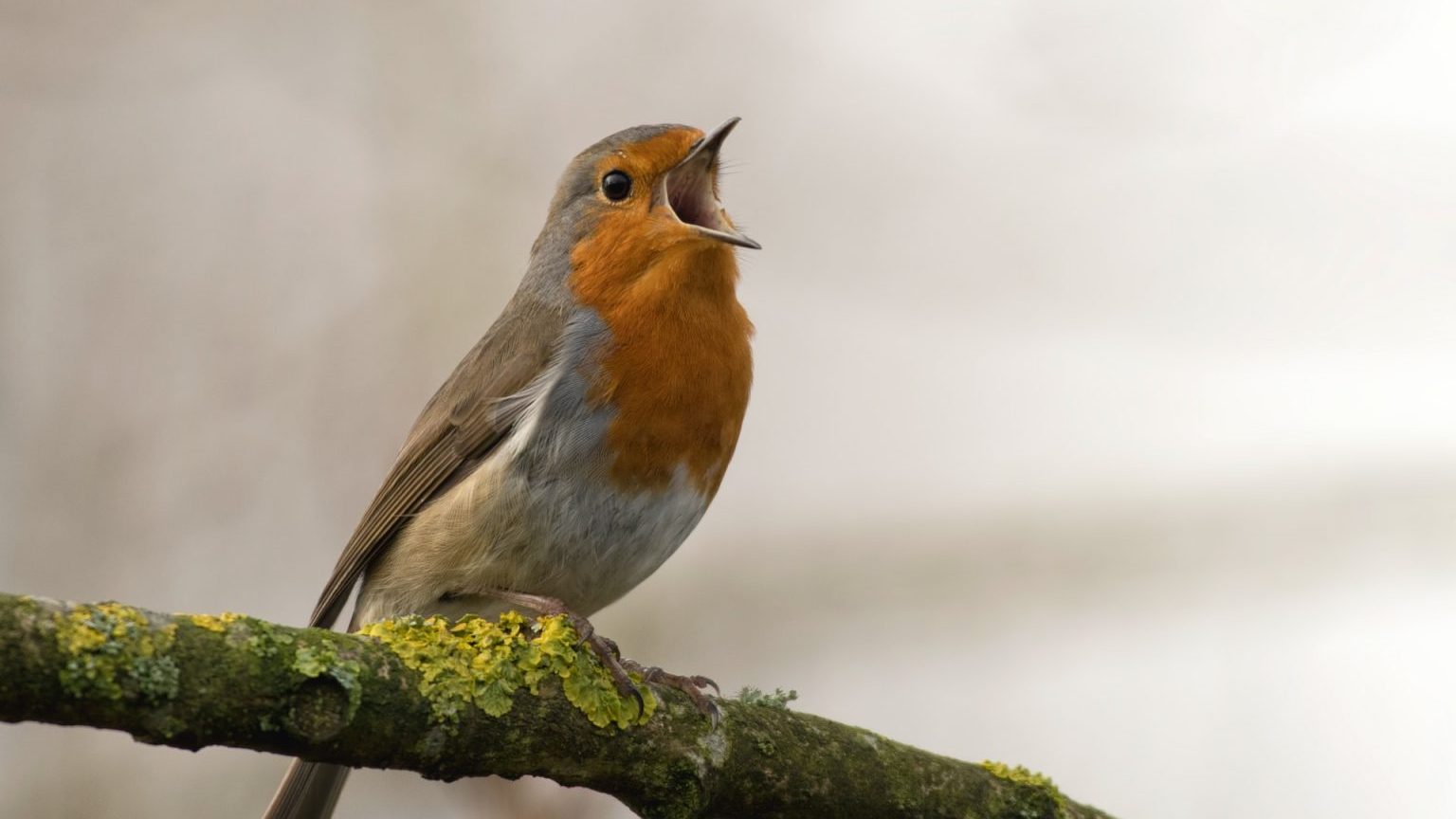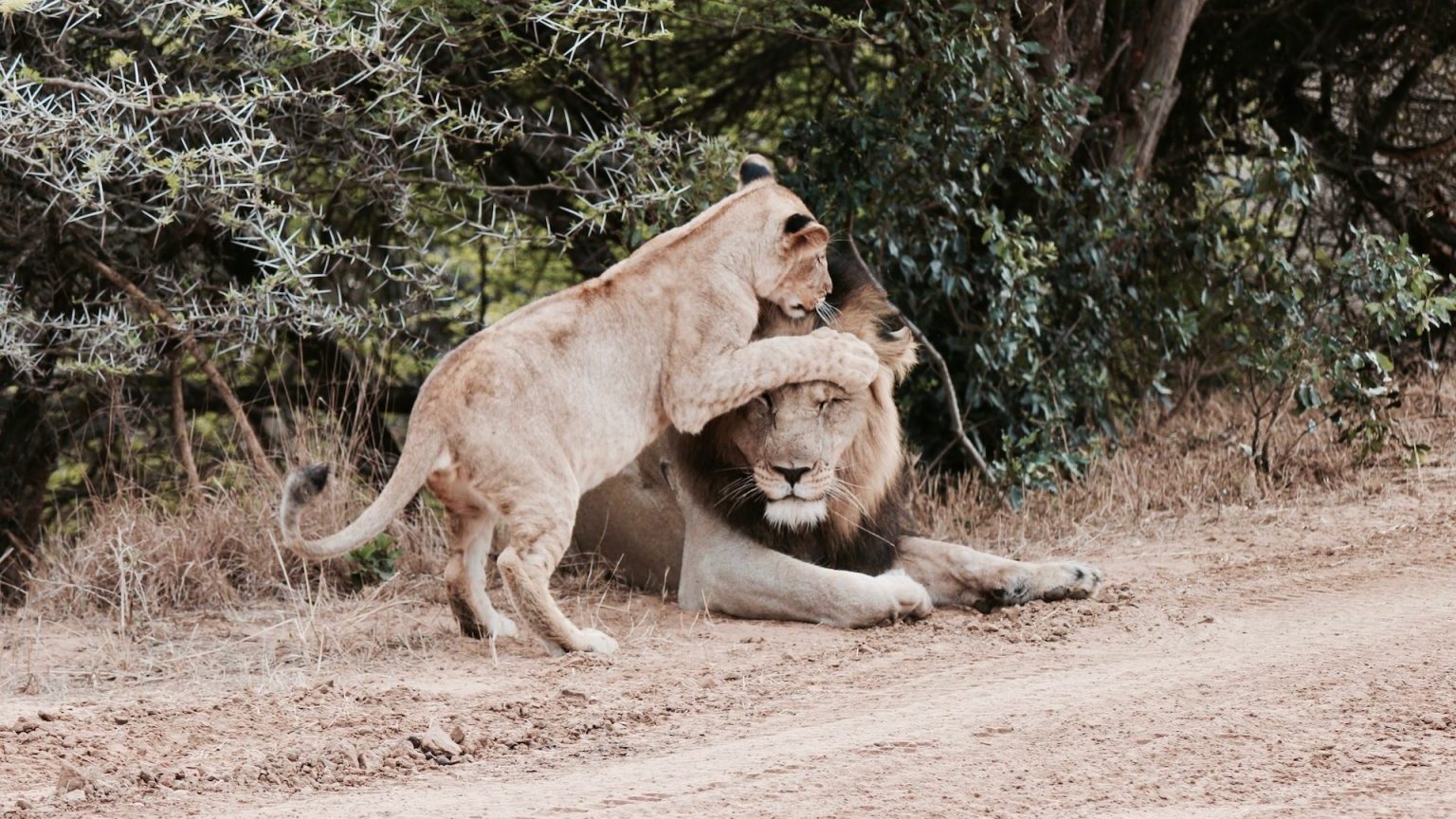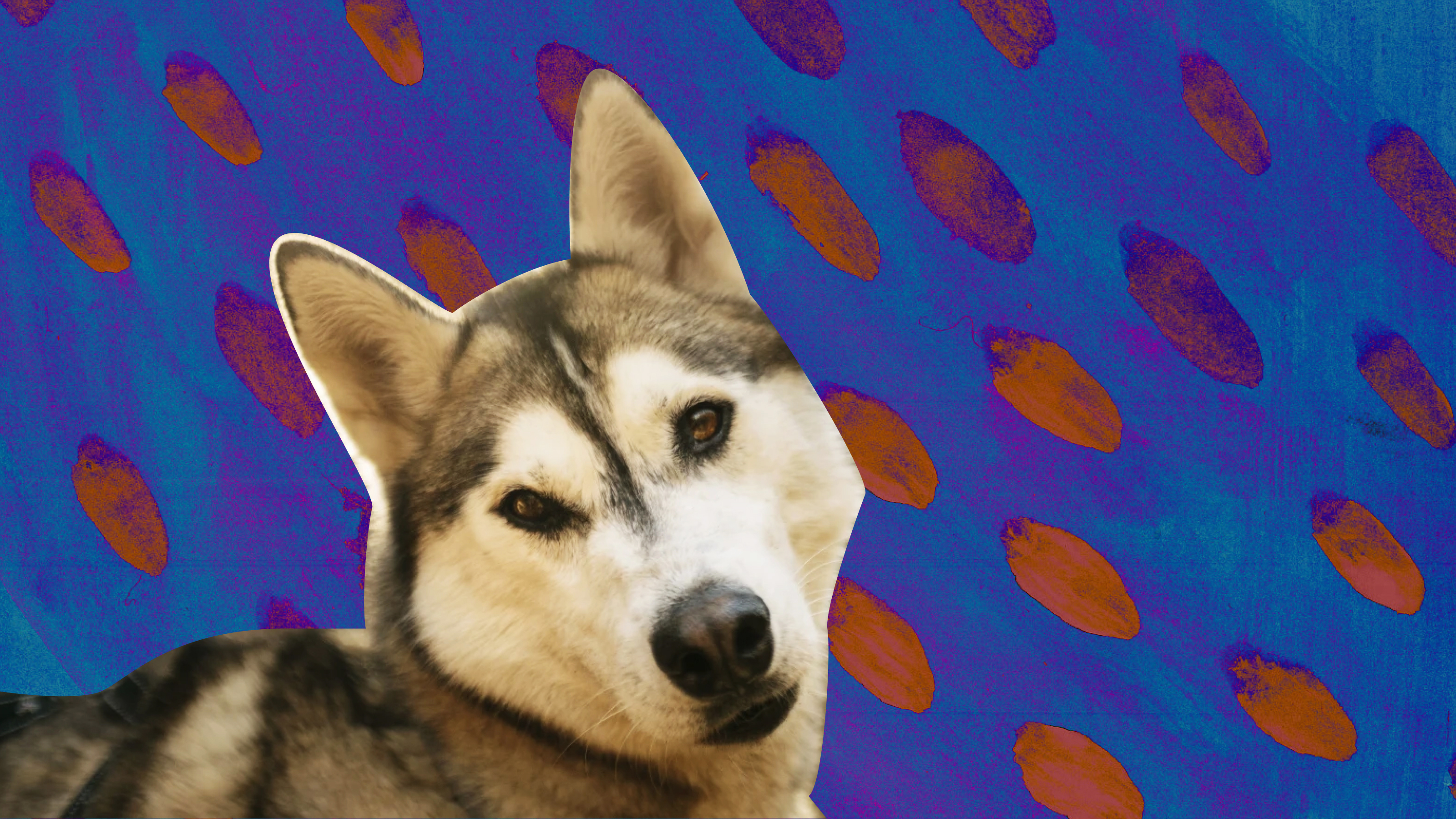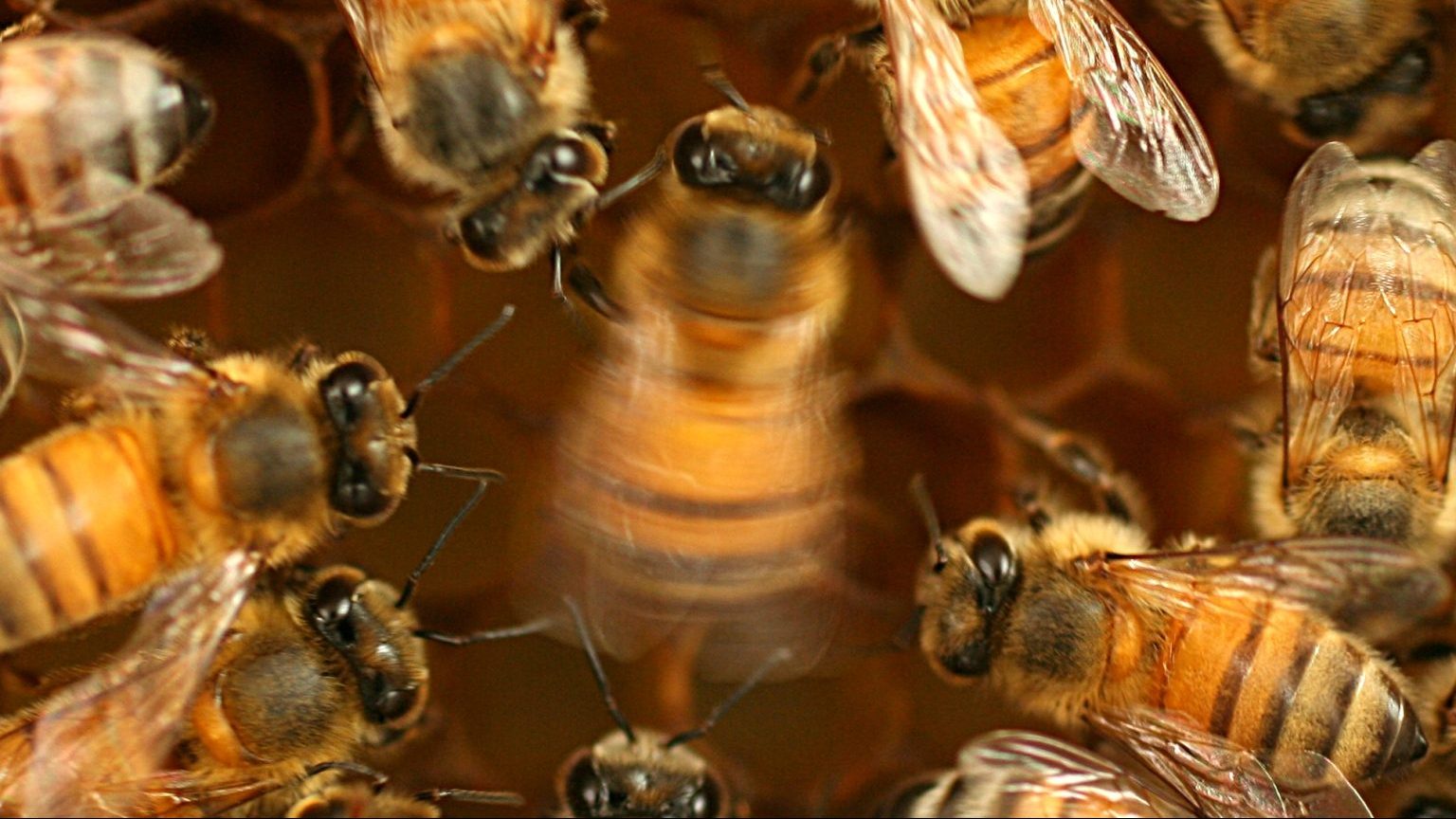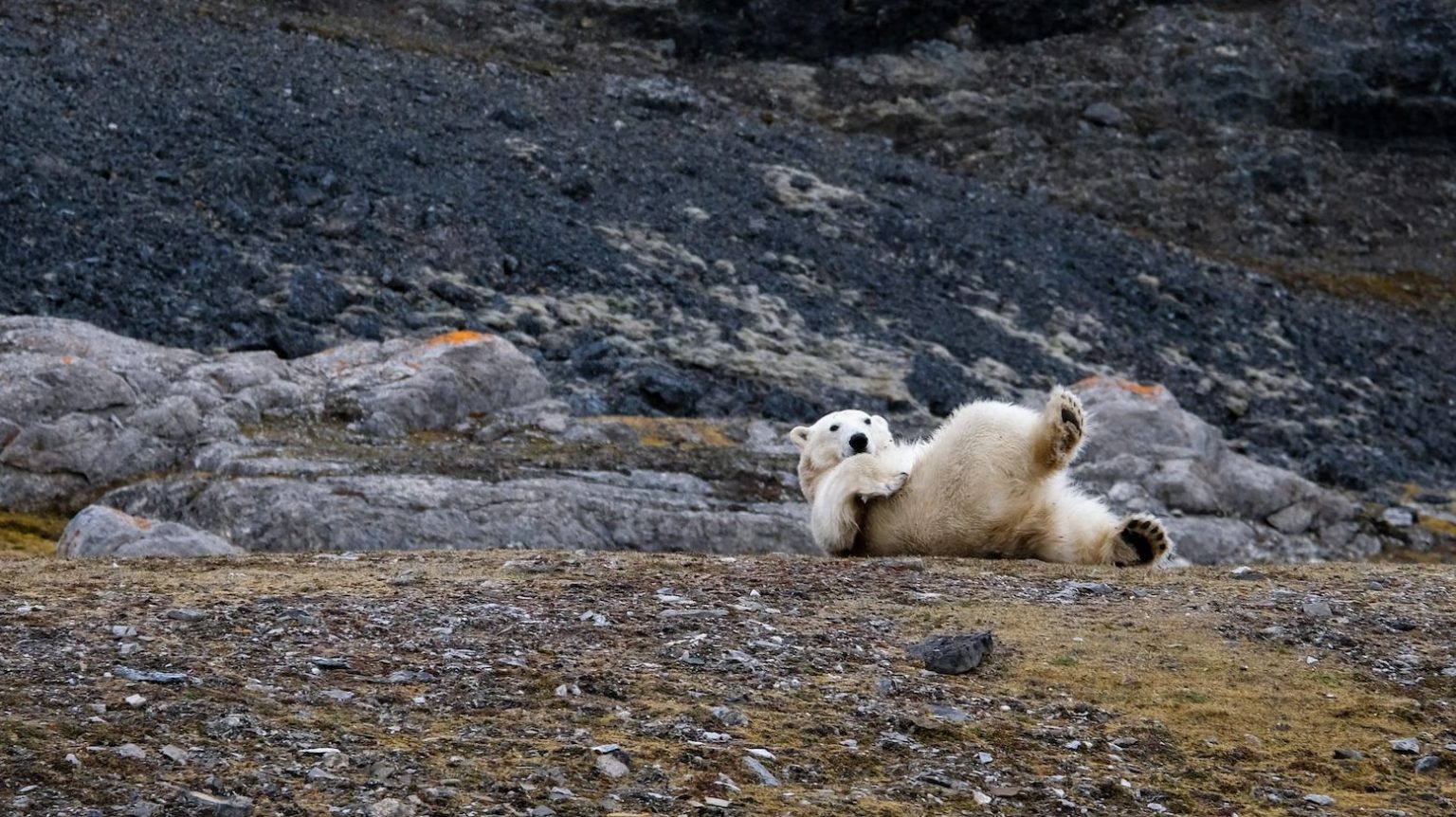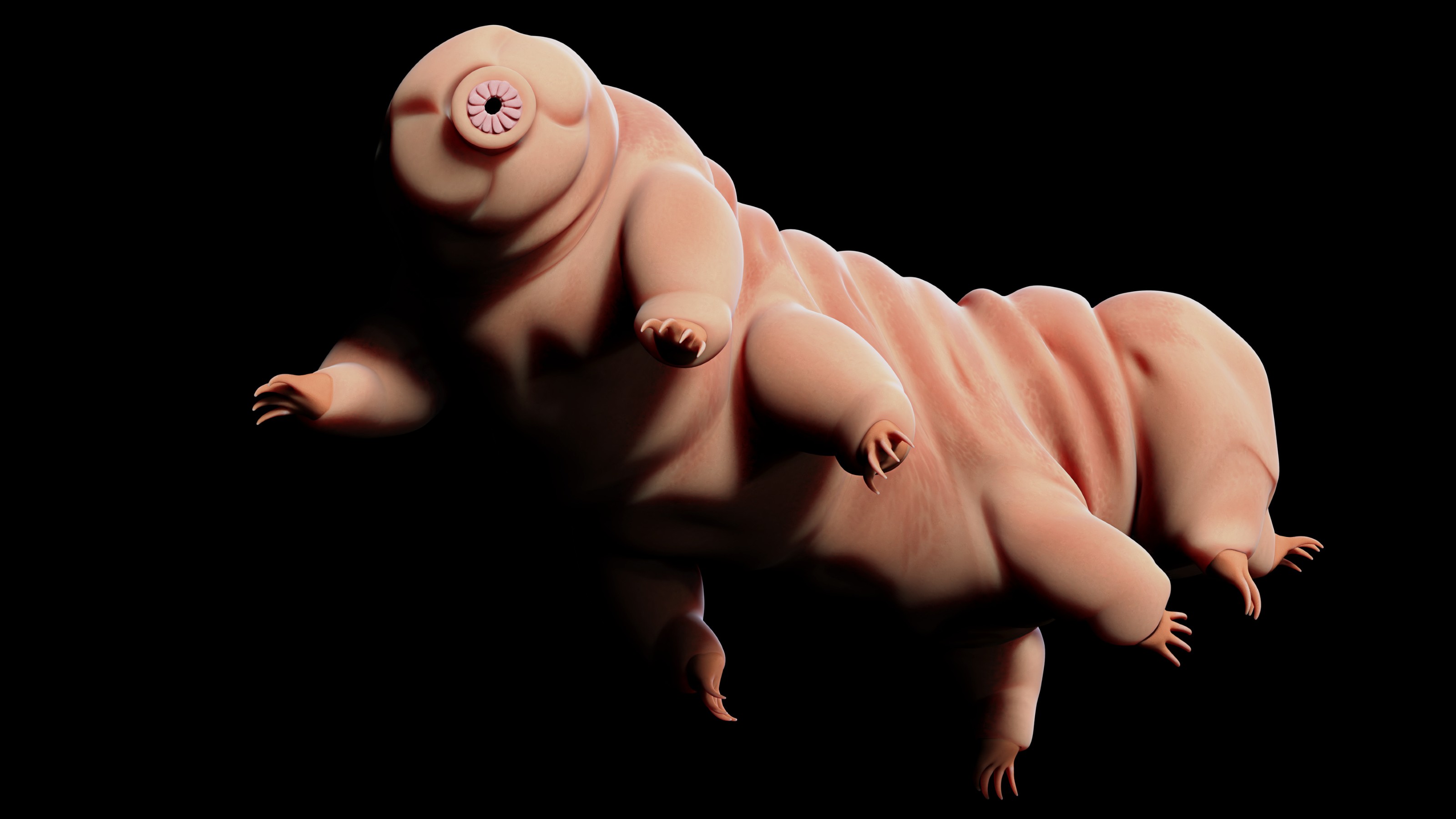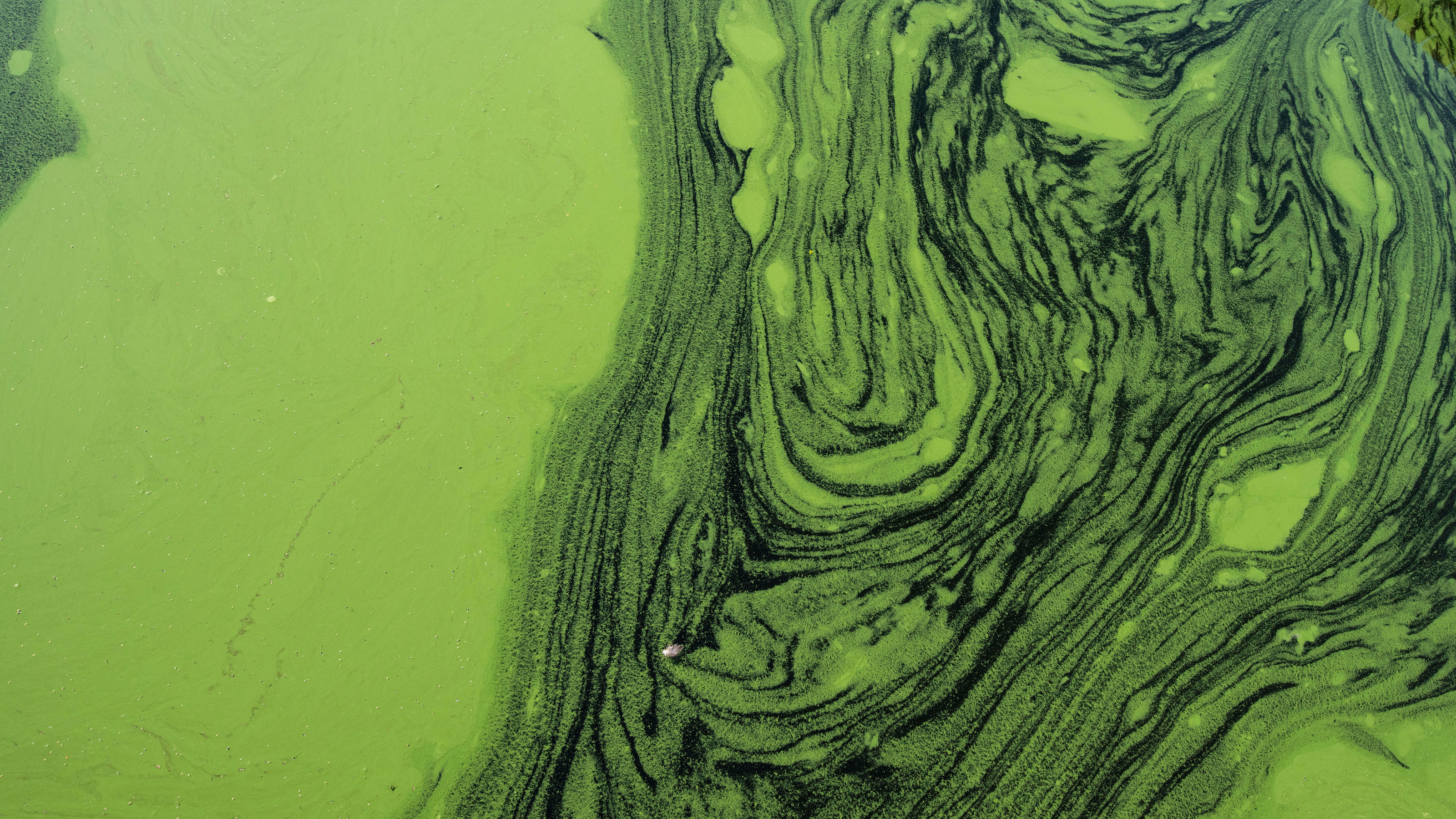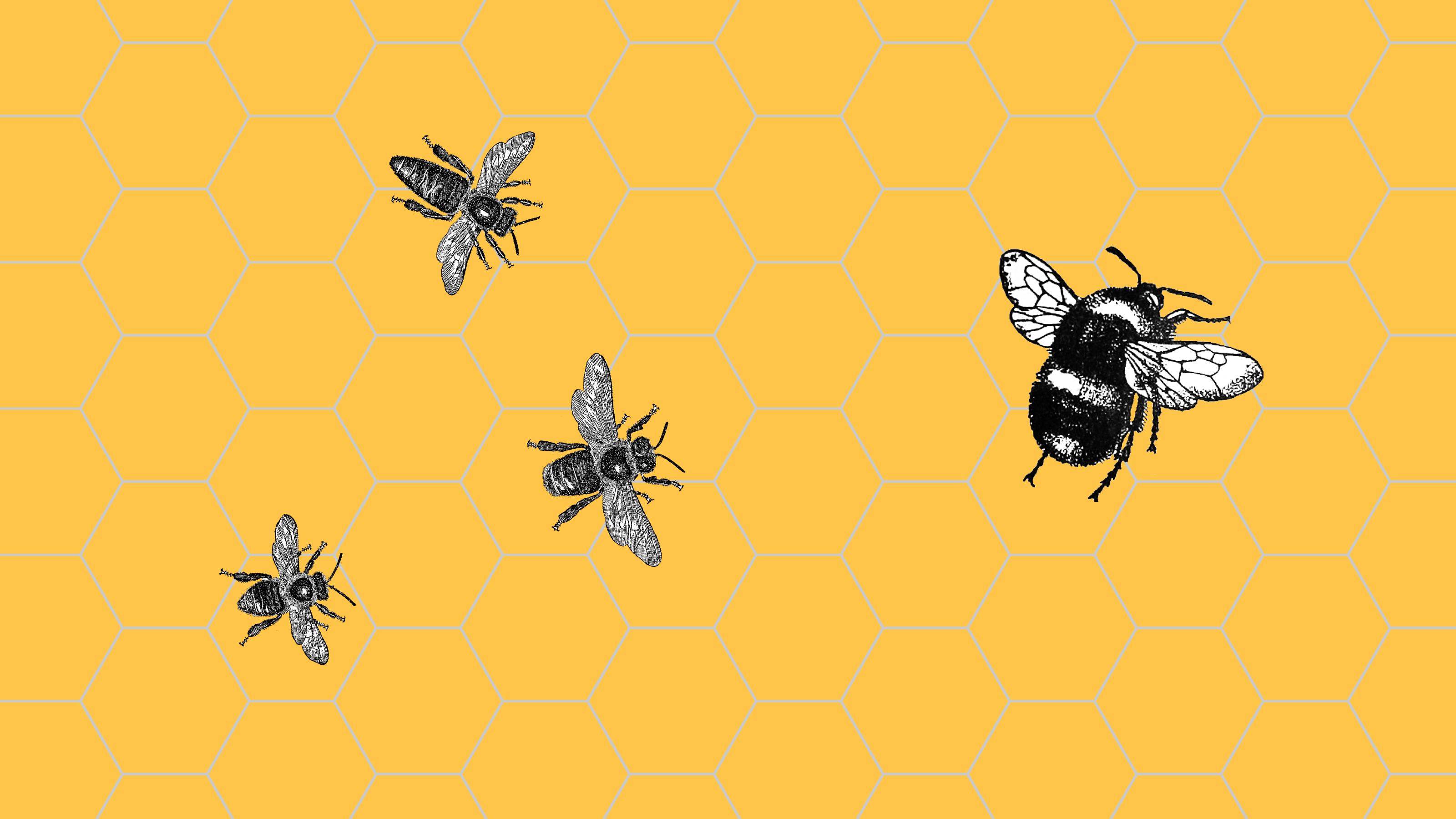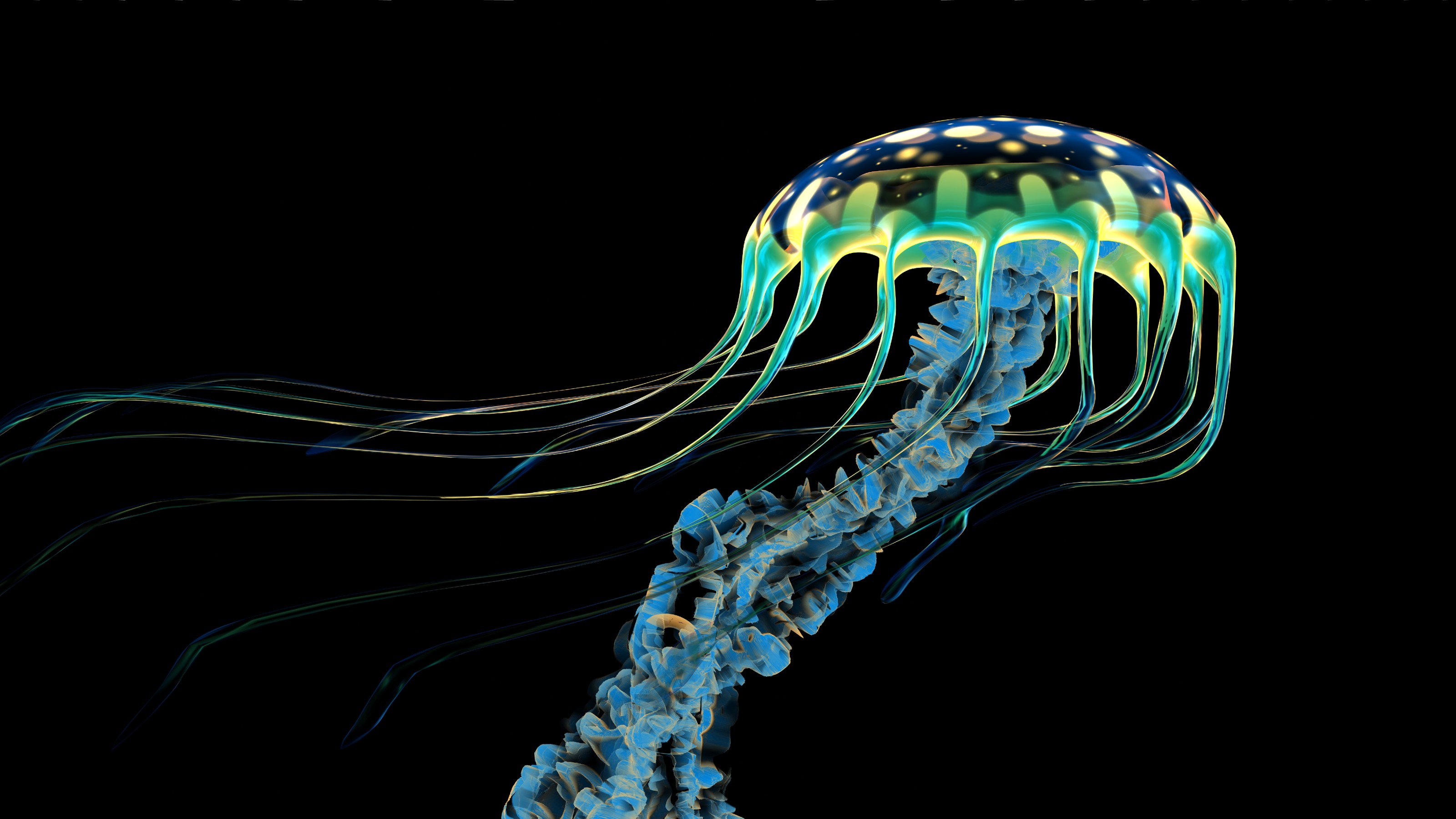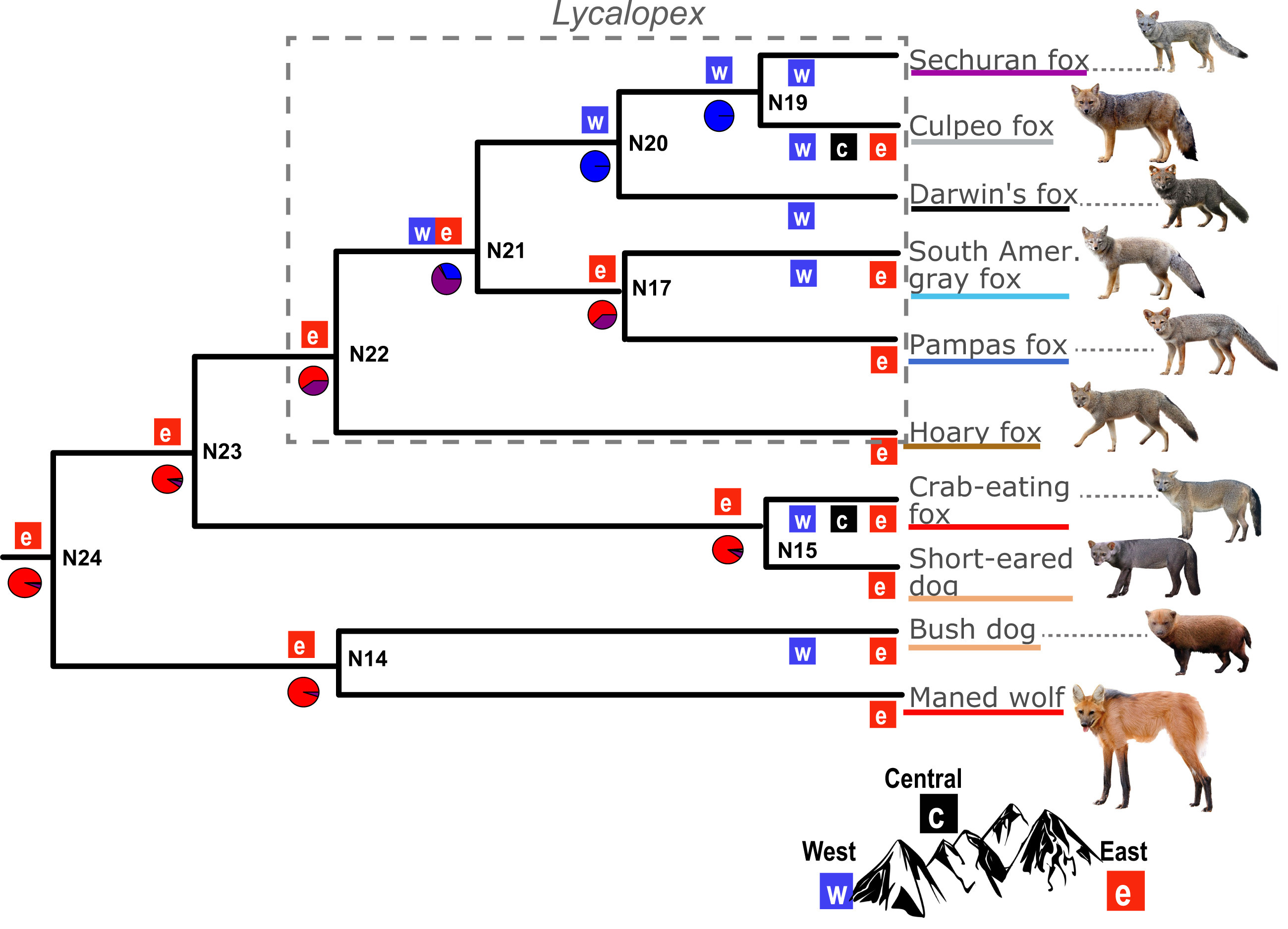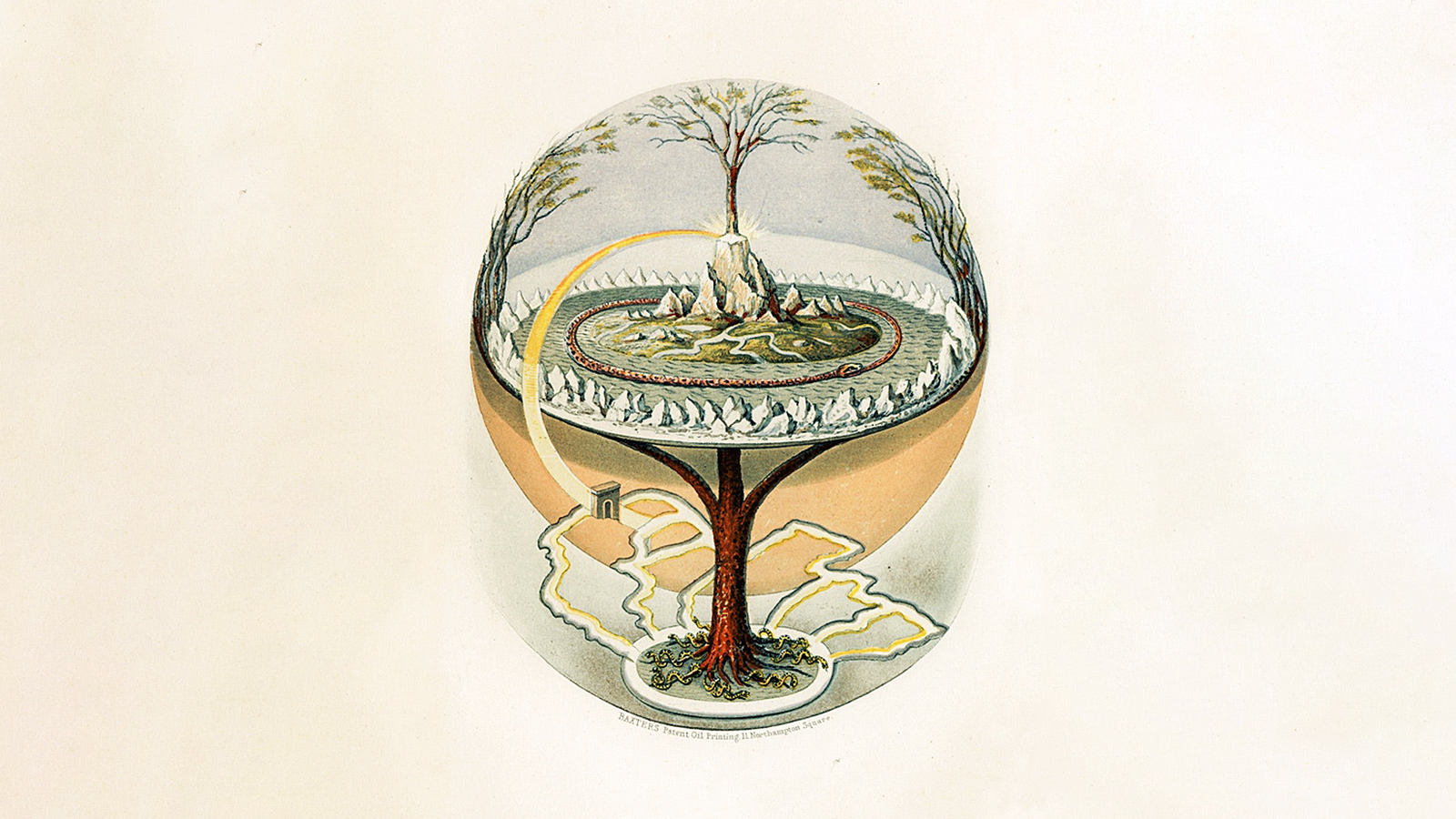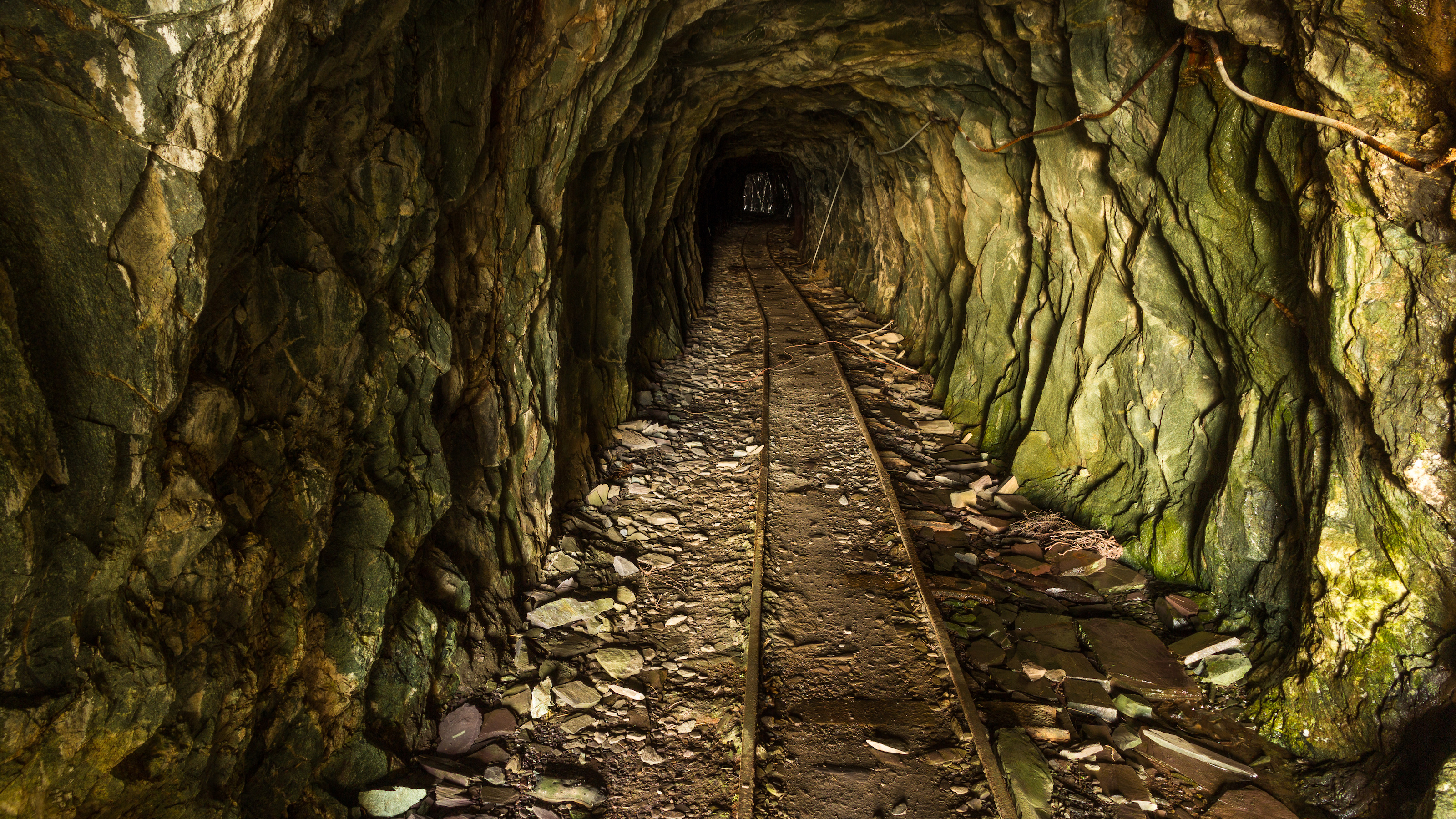Life
All Stories
In polarized times, our shared cellular origin can unite us in solidarity and awe — from the embryonic scale to the grandest cosmic perspective.
From the laying out of the body plan to the organization and functioning of our nervous system, cells rule gene expression and make us who and what we are.
If cocaine affects sharks at all, it does so as an anesthetic, not as a stimulant.
The space‑specific neurons in the owl’s specialized auditory brain can do advanced math.
A dog’s breed isn’t as predictive of behavior as many think it is. Environment and upbringing play a much larger role.
Quantum physics is starting to show up in unexpected places. Indeed, it is at work in animals, plants, and our own bodies.
Genetic profiles of many dog breeds appear as if siblings mated.
A photographer captured Bern’s eclectic and charming feline structures.
Embark on a journey through one of the most profound ecological transitions in the history of complex life.
Rich data on the global state of our feathered friends presents plenty of bad news — but also some bright spots.
Numerous videos online show that squid undergo a dramatic color-changing effect after being stunned or killed.
The intensely white coloration of the shrimp is a remarkable feat of bioengineering.
The first-of-its-kind approval could change how we think about gene-edited foods.
The “island rule” hypothesizes that species shrink or supersize to fill insular niches not available to them on the mainland.
Billy was a local celebrity in the early 1900s. And he might have been a murderer.
Ocean fertilization is extremely controversial, but if done correctly, it just might work.
The moths in your garden might hear your tomato plant’s pain.
The puzzle of play
The purpose of play — for children, monkeys, rats or meerkats — has proved surprisingly hard to pin down. Scientists continue to toss around ideas.
Bees learn and culturally transmit their communication skills.
The jail environment teaches the animals that approaching humans results in a boring and annoying experience.
At least one of Earth’s creatures is able to survive the vacuum of space.
Civil engineer Martin Lebek has a brilliant plan to redress the world’s phosphorus imbalance.
Deep underwater, temperatures are close to freezing and the pressure is 1,000 times higher than at sea level.
Darwin missed an amazing example of evolution.
According to Peter Ward’s “Medea hypothesis,” photosynthesizing organisms regularly doom most life on Earth by over-consuming carbon dioxide.
Slimy biofilms made up of bacterial and eukaryotic life forms have taken over an abandoned, flooded uranium mine in Germany.
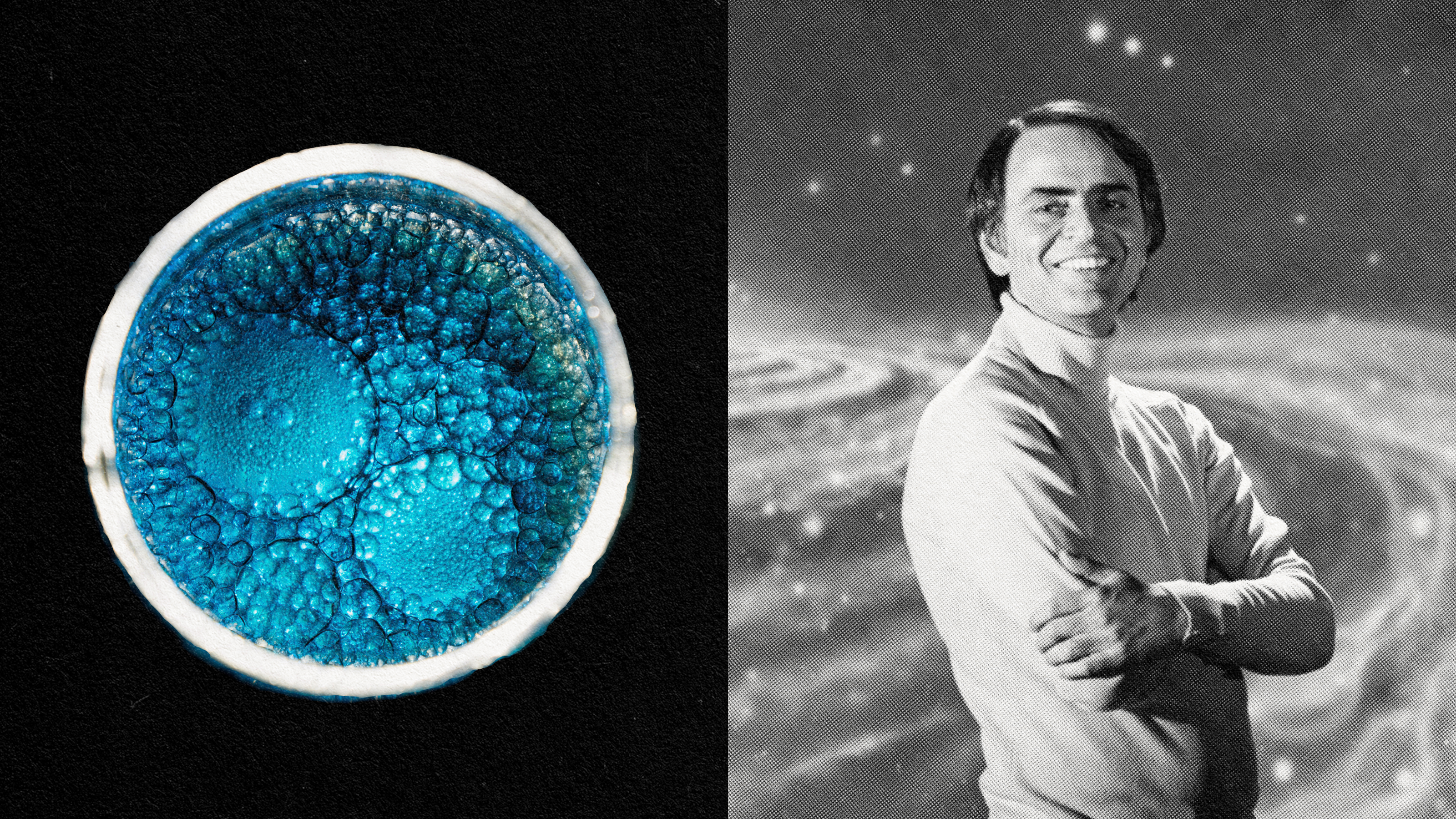
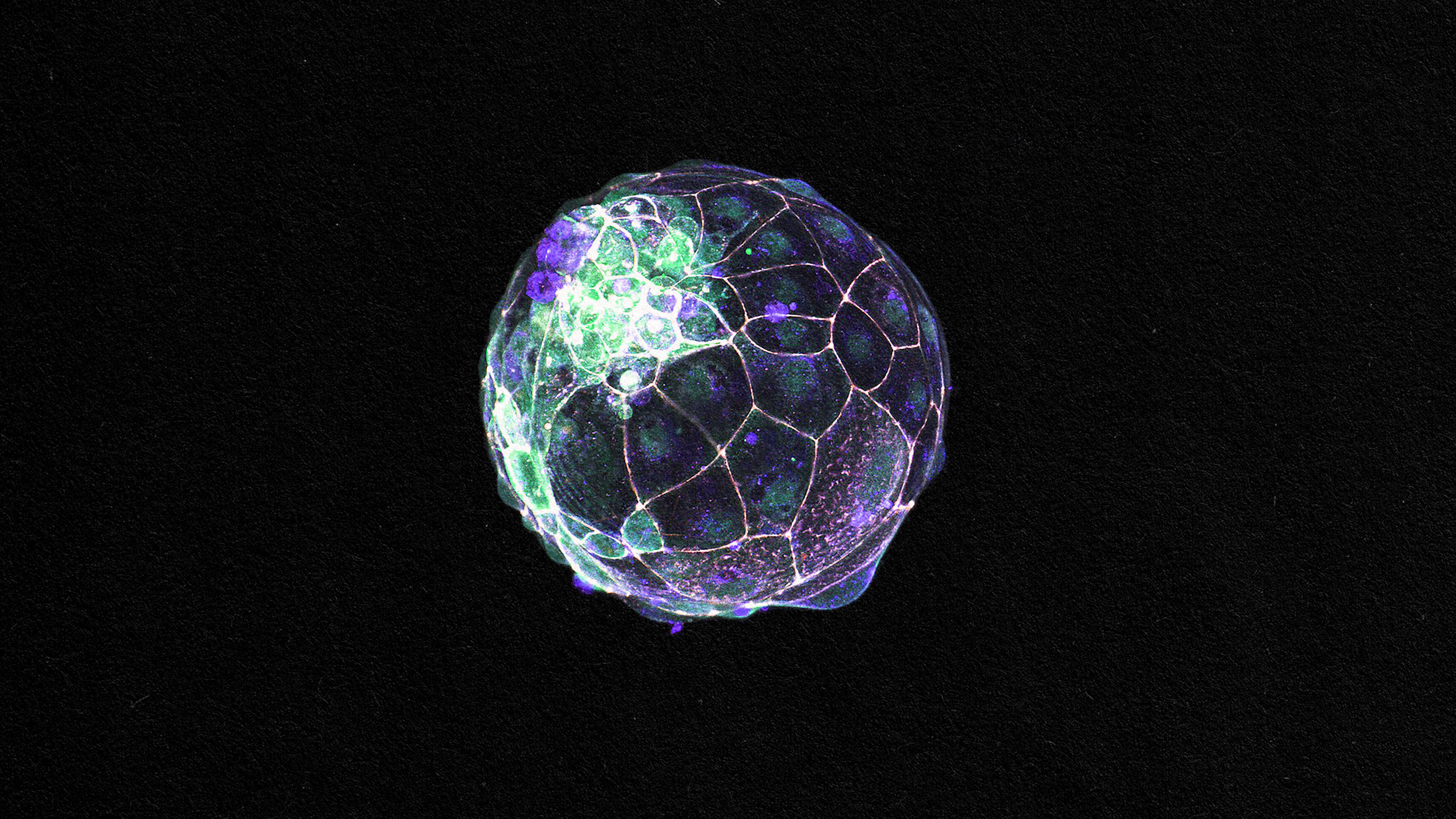
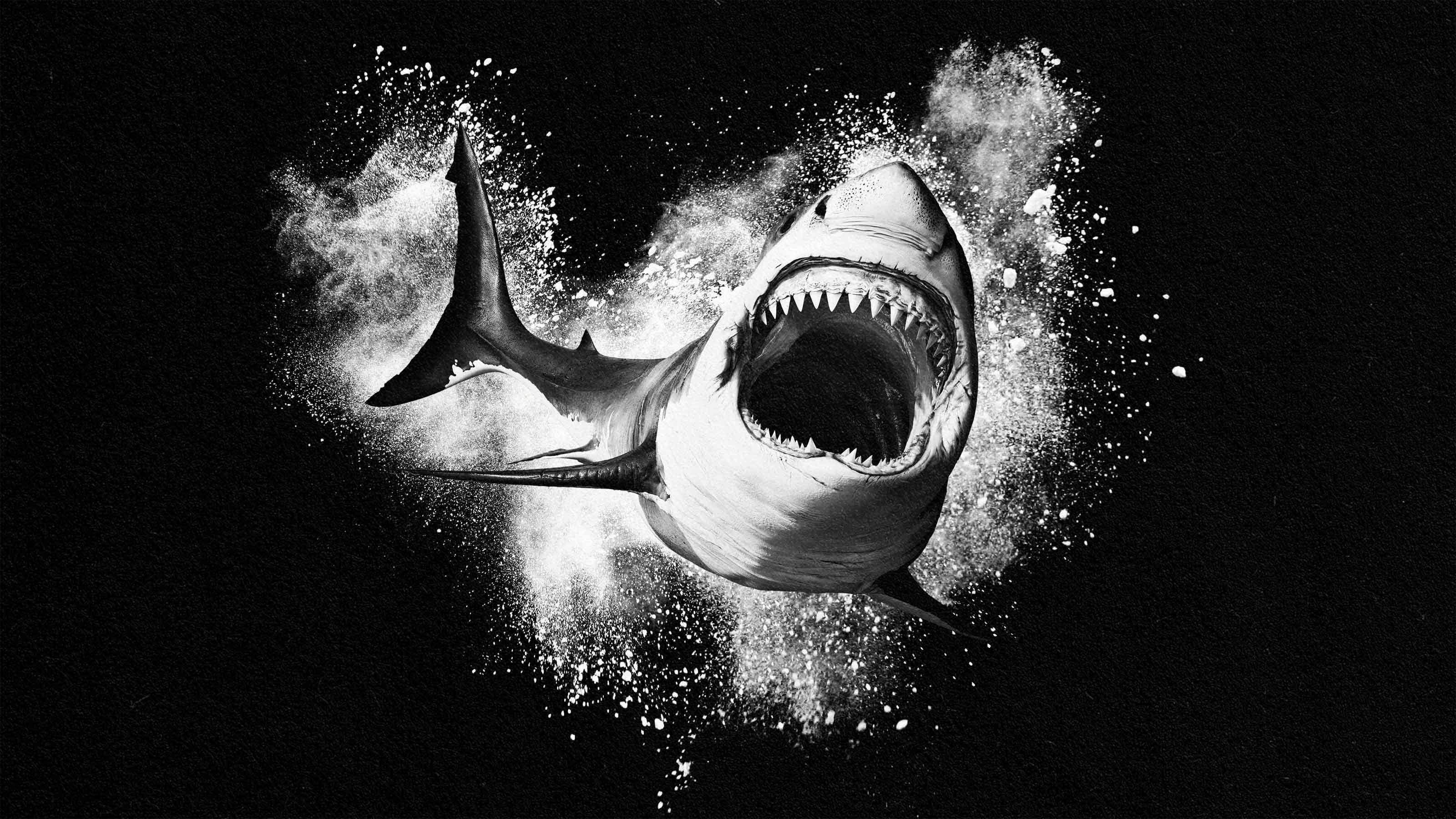
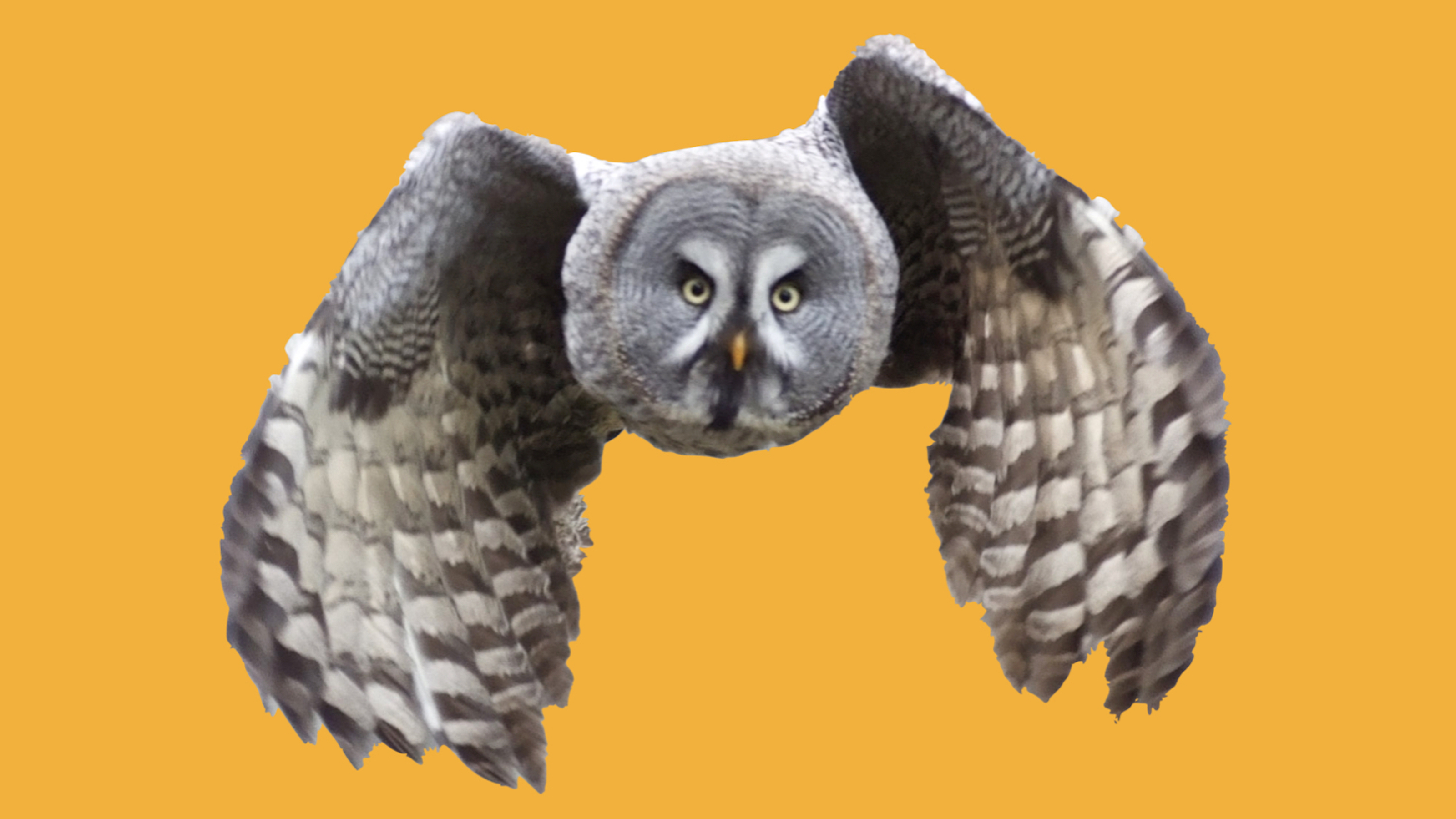
![a photo of a [dog breed] on a pink background.](https://bigthink.com/wp-content/uploads/2022/04/dog2.jpg)
